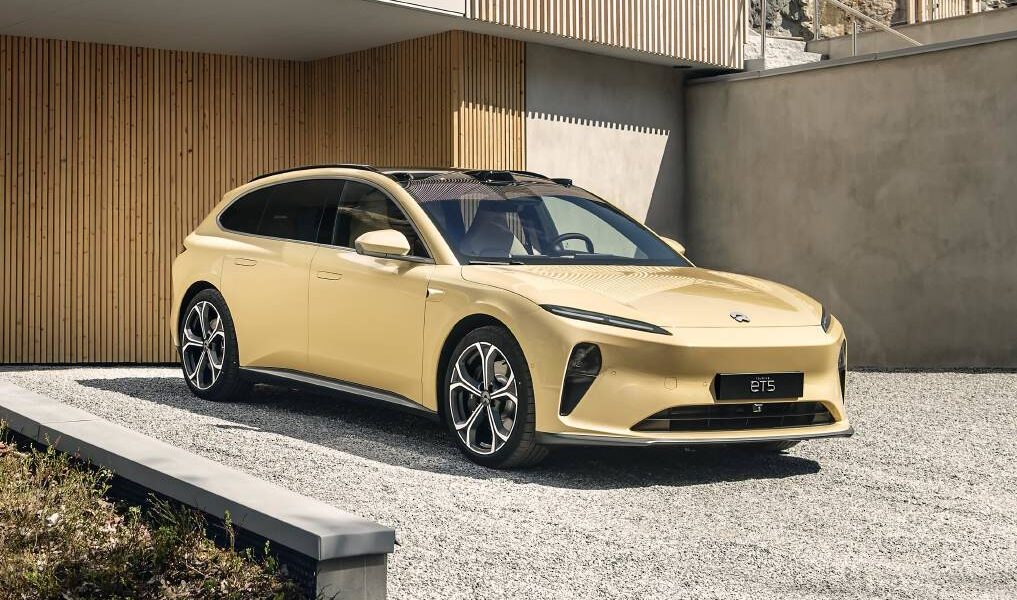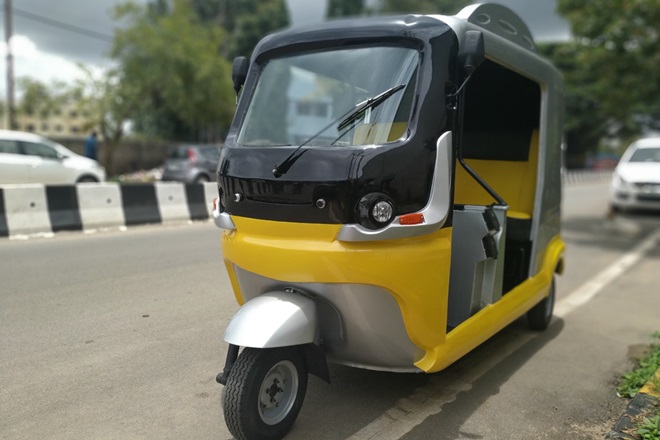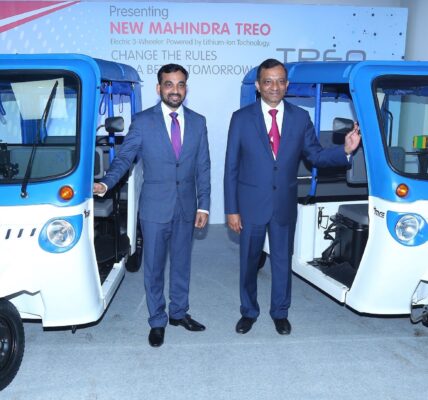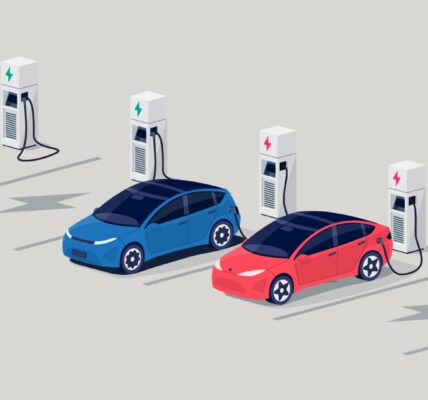Chinese electric car manufacturer Nio continues to stay afloat despite having lost an estimated A$55,000 on every car it sold in the second quarter of this year.
It’s one of many electric car companies that enjoys the backing of China’s government.
According to The New York Times, Nio employs 11,000 people for research and development alone, and only employs 30 technicians to produce 300,000 cars a year through extensive investment in automation.
All this investment saw the company reportedly lose A$1.3 billion in the second quarter of this year, but Nio has received plenty of government support.
Nio nearly ran out of cash in 2020, but the company received a A$1.58bn investment from a local government in exchange for 24 per cent of the company, on top of a A$1.5 billion dollar injection by a group of investors led by a state-owned bank.
Thanks to massive research and development budgets and intense competition within the Chinese market, brands like Nio have been able to place themselves on the forefront of battery chemistry, electric motor technology and advanced manufacturing methods.
Such investment represents a significant threat to western carmakers, especially those from Europe.
The New York Times reports Chinese EV exports have skyrocketed 851 per cent over the last three years, with many of these vehicles going to Europe as that market embraces EVs.
The European Commission said China’s share of the EV market in Europe has risen to 8 per cent and could reach 15 percent in 2025.
Paul Gong, head of Asian automotive research for the bank UBS, told The New York Times he predicts Chinese carmakers will capture up to a third of the global automotive market by the end of the decade, with most of that growth coming from the European market.
To combat the influx of cheap Chinese cars, the European Union recently launched an anti-subsidy investigation.
“Global markets are now flooded with cheaper Chinese electric cars. And their price is kept artificially low by huge state subsidies,” said President of the executive branch of the European Union, Ursula von der Leyen.
The probe was reportedly initiated by the European Commission, and not from a specific industry complaint – even though figures like Stellantis CEO Carlos Tavares have been vocal about the threat posed by Chinese brands.
Bloomberg reported in early September this year that the probe could take up to nine months and lead to tariffs close to the 27.5 per cent level imposed on Chinese EVs by the U.S.
Nio is among the many Chinese brands that have entered the European market already, but industry analysts have speculated the probe could stop additional Chinese brands from entering the market and cause existing brands to slow their expansion.
The move carries a certain amount of risk however, with the Chinese government already criticising the probe.
“[The investigation] is a naked protectionist act that will seriously disrupt and distort the global automotive industry and supply chain, including the EU, and will have a negative impact on China-EU economic and trade relations,” China’s Ministry of Commerce said in a statement.
The China Passenger Car Association insists that EV exports (like those from Nio) are booming not because of subsidies from the Chinese government, but because of a highly competitive supply chain.
As part of the response to the rising dominance of Chinese EV manufacturers, many European carmakers have entered partnerships with Chinese brands.
One of these is Volkswagen, which this year announced it was investing US$700 million (A$1.1 billion) for a 4.99 per cent stake in Chinese EV producer XPeng, and will develop two China-specific models using an XPeng platform.
It also announced it would build a A$1.7 billion car development centre in China, hiring 2000 engineers to do work that was previously conducted by Volkswagen engineers at its headquarters in Wolfsburg, Germany.






